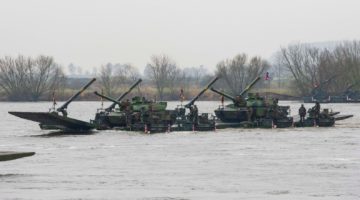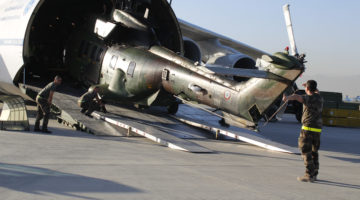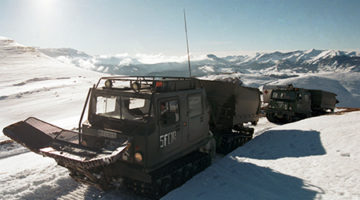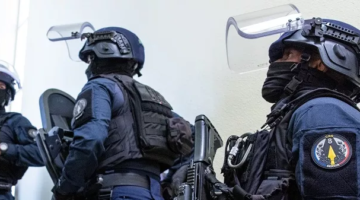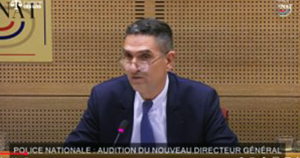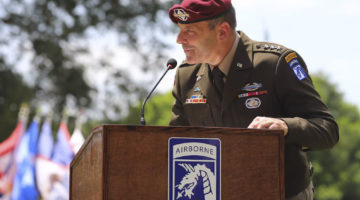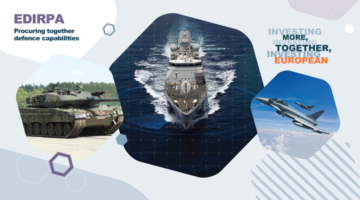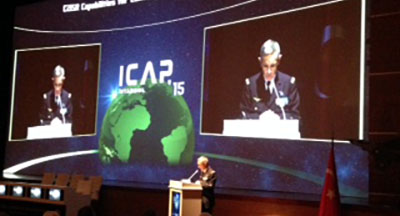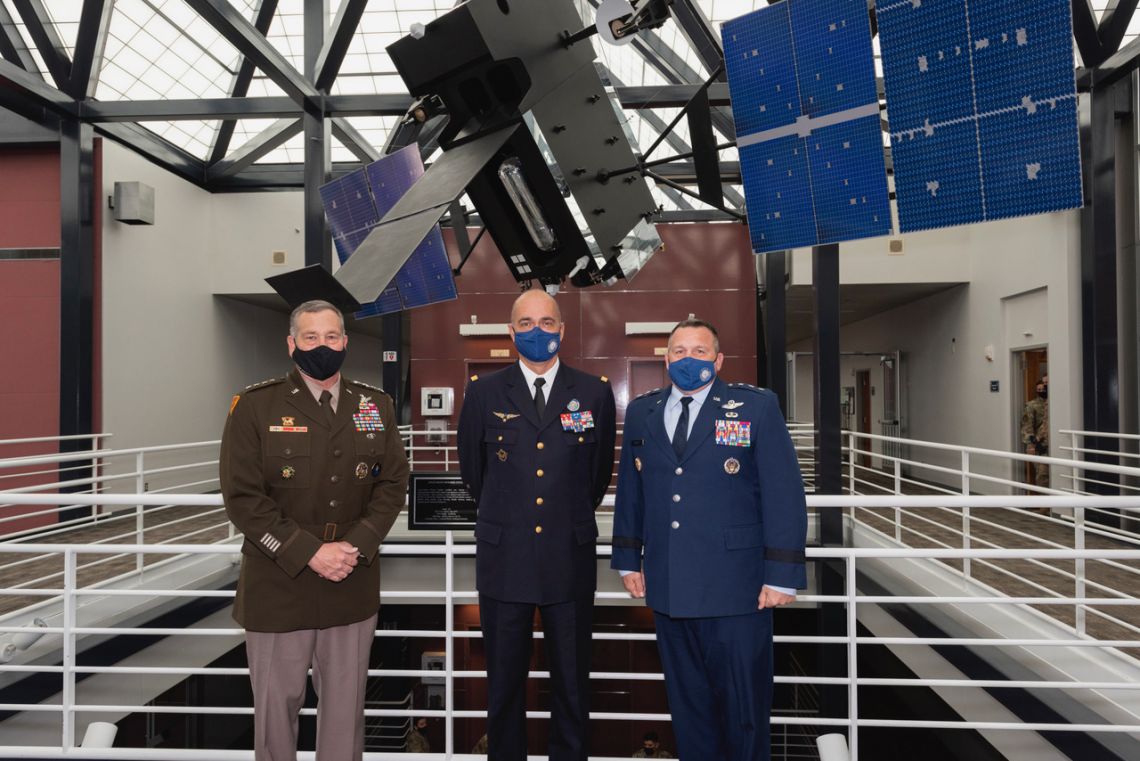Early in April 2015, an airpower conference was held in Istanbul and sponsored by the Turkish Air Force. The event, ICAP 2015, was held in Istanbul, Turkey and was attended by over 1000 participants from over 50 nations, with 29 air chiefs attending.
According to the organizers of the conference:
Air and Space Power undoubtedly is a key element in providing global security in recent crises and conflicts in 21st century. Air and Space Power has been remaining on the first tier within the capability list that is required by regional and global powers. In ICAP 2015 conference, organized by Turkish Air Force and Air War College, the topics to be discussed will contribute to providing different approaches on regional and global security issues from the academic perspective. Advanced ISR (intelligence, surveillance and reconnaissance) capabilities enable warriors to carry out operations more efficiently thanks to Air and Space Power. It has been deeply observed the contributions of manned and unmanned aircraft systems, space systems and network based systems to the operational objectives in recent crises and conflicts. Air and Space Power has become one of the most important national power components with the capabilities of executing an operation anywhere in the globe independently with the limited sensor to shooter time in execution.Air superiority, ISR capability, agile logistics and effective command and control are considered as distinctive features of Air and Space Power. It inspires defense industry in order not only to maintain its mentioned features, but also to reach new capabilities against emerging threats.In “International Conference on Air and Space Power”, ICAP 2015, Air and Space Power in recent crises and conflicts, C2 and ISR capability for contemporary Air and Space Power, sustainment of combat Air and Space Power, personnel quality and effectiveness in the future Air and Space Power will be the session topics to be discussed.
Supreme Allied Commander Transformation (SACT), French Air Force General Jean-Paul Paloméros attended the International Conference on Air and Space Power (ICAP) 2015 and provided a keynote address on the future of airpower.
According to a press release by ACT:
ICAP is an international conference, organized in Turkey for the second time, and hosted by the Air War College with contributions from the Turkish Air Force. The aim of the academic discussions at ICAP 2015 is to ensure that the ‘principles of change’ within Air and Space Power are ‘clearly understood’.During his speech, SACT pointed out that future Air and Space power will be challenged externally by very adaptive competitors and adversaries, and internally by corrosive effects of budget constraints.”Major powers outside NATO have been developing modern fleets of interceptors for some time. They are also producing long-range missiles that can threaten specifically high-value assets. In fact, they are developing a mix of innovative concepts and technologies that can offset [NATO’s] military superiority,” SACT said.After having elaborated on a number of threats, SACT affirmed that the key is innovation: “This new environment offers indeed a great potential to increase our operational agility. In the future security environment, I believe that we must focus less and less on developing dedicated [and] specific means, equipment for a single purpose,” General Paloméros said.”Through innovation, we need to unleash the creativity of all stakeholders, taking into consideration a lot of very constructive inputs from Industry, innovative companies, and end users. We must adopt a pragmatic approach in our equipment design and acquisition. We must find the right balance between quantity and quality,” he added.General Paloméros added that training and exercises “will remain the capstone for ensuring the desired level of preparedness of our air capabilities”…”Exercising helps to bring together Allies and partners to test their interoperability from doctrine to equipment, find solutions to problems identified in operations, define how to react – and continue the mission with degraded capabilities.” SACT also used the occasion to remind the audience of “the biggest exercise NATO has conducted for a very long time.” Trident Juncture 2015 will assemble no less than 36.000 troops, with most of the exercise taking part in Italy, Portugal and Spain.

